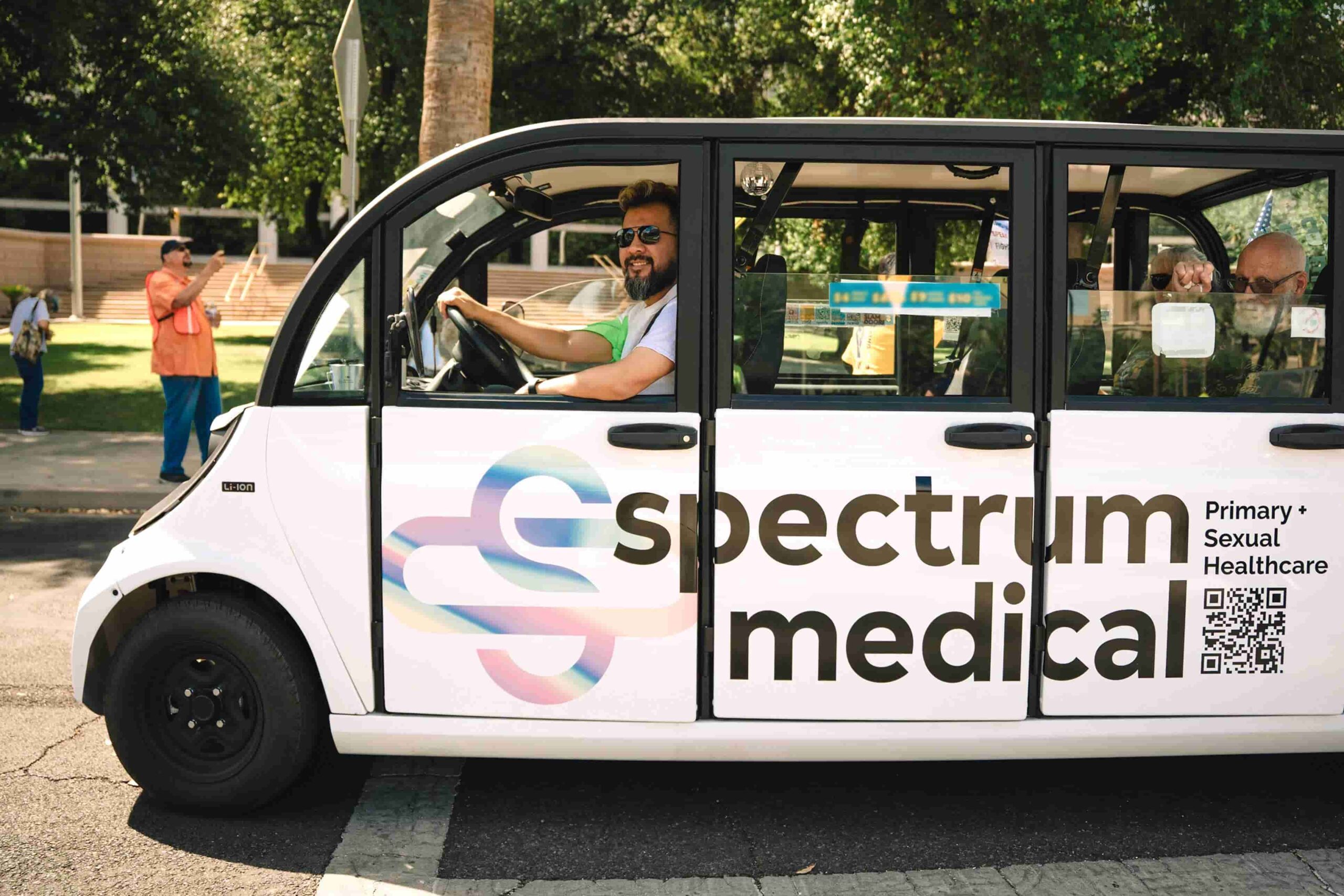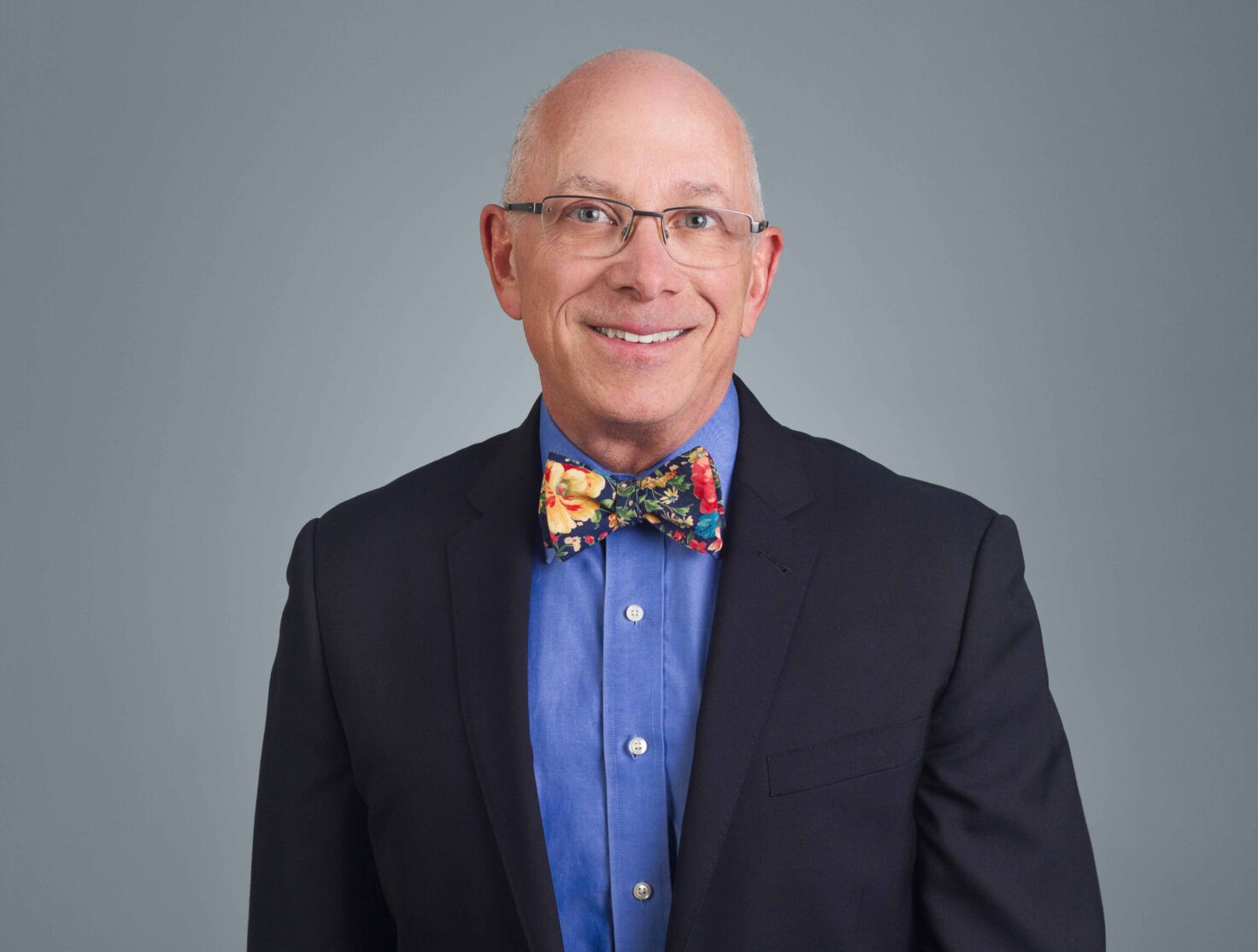gender-affirming care
Our Gender-Affirming Care is for adults 18+ seeking support in their gender journey. We offer comprehensive services tailored to meet each patient’s specific needs.

outreach events
The U.B.U. Crew offers healthcare services, HIV/STI testing, PrEP, PEP, DoxyPEP and sexual health education across Arizona. We provide on-site testing and education at various locations throughout the month.
sexual health
Spectrum Medical’s AAHVM-certified provider’s deliver cutting-edge HIV testing and treatment. We also provide confidential testing for STIs and Hepatitis, ensuring a secure and private environment for all your testing and treatment needs.
what
we
do
Our healthcare providers prioritize the needs of the LGBTQIA2S+ community, offering medical services to neighborhoods and communities throughout Arizona.
count on us for gender-affirming care and resources no matter the times
At Spectrum Medical Care Center, we know that healthcare is not just about medical treatment—it’s about creating safe spaces, fostering trust, and showing unwavering support to our patients. That is why we are—and always will be—dedicated to providing inclusive, patient-centered healthcare, no matter the external challenges or shifts in the political landscape.

get to know Dr. Grossman
With more than 30 years of experience and a passion for community-focused care, Dr. Grossman brings deep knowledge and a genuine heart to every patient he serves. Watch to learn more about his approach.

did you know
We’ve got you covered! Our expert healthcare team is always here for you – ready to tackle any questions. Check out our helpful FAQ page or give our office a call at (602) 604-9500.
-
What Insurances does SMCC Accept?
Spectrum is contracted with most of the major insurance companies, full list here.
-
What is Primary Care, and why do I need it?
Primary Care is the day-to-day healthcare given by a healthcare provider. Learn more about primary care and its importance here.
-
What is a Nurse Practitioner?
A Nurse Practitioner (NP) is a registered nurse with advanced training and education. Learn more here.
spectrum edge
realtime health & wellness knowledge
empower your journey with the latest health news and tips. see all stories
-

Body Pride – Body Inclusion in Pride Month
For the LGBTQIA2S+ community, body pride means reclaiming autonomy, challenging norms, and ensuring access to supportive healthcare that recognizes the…
-

How to Get Involved in Local LGBTQIA2S+ Advocacy
Advocacy starts with how you show up for yourself, your health, and your community.
-

Stay Ahead of Mpox
Summer is here with festivals and travel, but don’t forget about your health. Mpox is still spreading, so it’s important…





